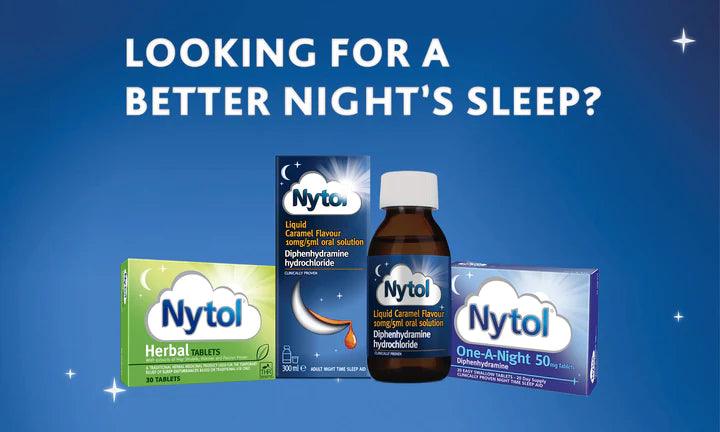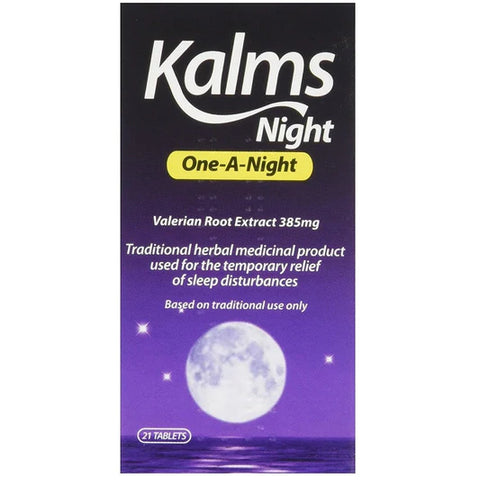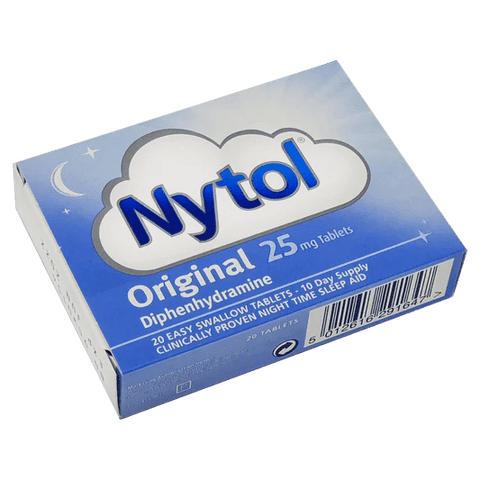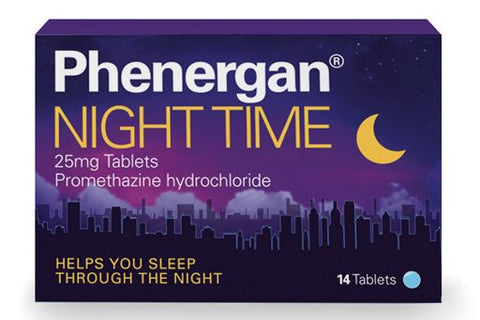Best Over The Counter Sleeping Pills Reviewed


Sleep is fundamental to our well-being. In the UK, with its bustling cities and demanding lifestyle, many turn to over-the-counter (OTC) sleeping pills for quick relief. Though numerous brands claim superiority, a few names continually stand out due to their efficacy, safety, and reviews. Based on extensive research and customer feedback, popular choices include Nytol, Sominex, Kalms Night, Phenergan Night Time, and Boots Sleepeaze. Dr. Alice Thompson, a UK-based sleep specialist, suggests, "Before resorting to any medication, it's crucial to understand the root cause of your sleep disturbances. Sometimes, simple lifestyle changes can make a difference."
Predominantly, these medications employ antihistamines which cause drowsiness, making it easier for individuals to drift off. Yet, there's more to these pills than meets the eye. Some contain melatonin, a hormone that regulates sleep cycles, while others harness the power of natural herbs like valerian root known for its sedative properties. "It's vital to understand the active ingredients in these pills. While antihistamines can aid sleep, they can also lead to grogginess the next day," warns Dr. James Ellington, a renowned pharmacist in London.





Over-the-counter (OTC) sleeping pills are sought after for their promise of immediate relief from transient sleep problems. Their easy accessibility, being available without a prescription, coupled with a generally lower cost compared to prescribed solutions, makes them an attractive choice for many.
However, like all medications, OTC sleeping pills come with potential drawbacks. Users might experience side effects like dizziness, prolonged drowsiness, or gastrointestinal disturbances. There's also the risk of developing a dependence or building a tolerance with continued use. Most importantly, these pills aren't designed for long-term usage, especially without a healthcare professional's oversight.
For those who turn to OTC sleeping pills, it's crucial to stay informed. Being aware of potential drug interactions is essential, especially for those on other medications. Always adhere to the recommended dosages, and avoid prolonged use without consultation.
For those wary of traditional OTC pills or searching for more natural methods, several alternatives can aid sleep. Chamomile tea is renowned for its calming effects, making it a popular choice for promoting relaxation before bedtime. For some, introducing a melatonin supplement might be beneficial, especially if there are issues with the body's internal clock or jet lag. Aromatherapy, particularly using agents like lavender oil, has gained traction for its sleep-enhancing properties.
Persistent or worsening sleep issues should never be ignored. It's essential to consult with a GP or a sleep specialist under these circumstances. Continuous dependence on sleep aids, feeling the need to escalate doses, or experiencing severe reactions are significant warning signs that need immediate attention.
Addressing sleep disturbances requires a comprehensive approach. While OTC sleeping pills can provide temporary relief, it's paramount to use them carefully and stay informed. Ultimately, being proactive in understanding one's sleep patterns, challenges, and seeking expert advice when needed can lead to healthier sleep habits.









